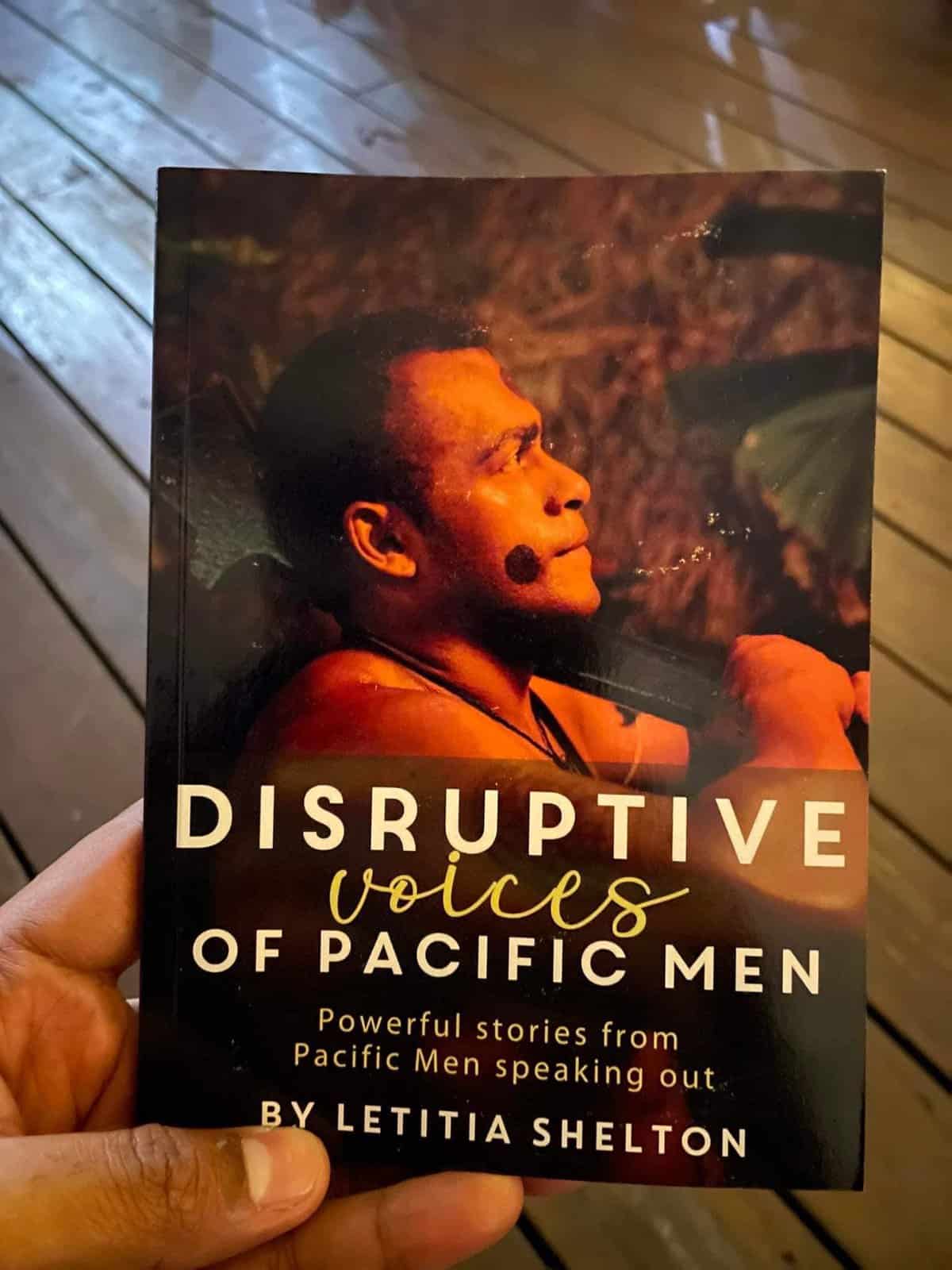“There's a nation of men who were abused as little boys, who are walking around and are hurting,” says Letitia Shelton.
Shelton is the author of Disruptive Voices of Pacific Men, an idea birthed during the COVID-19 pandemic after talks with a group of Fijians in North Queensland, Australia.
“I shared about disrupting the silence on issues with women [and] a man stood up at the end [of my talk] saying, ‘I used to abuse women … Where do I . . .
Please Subscribe to view full content...
